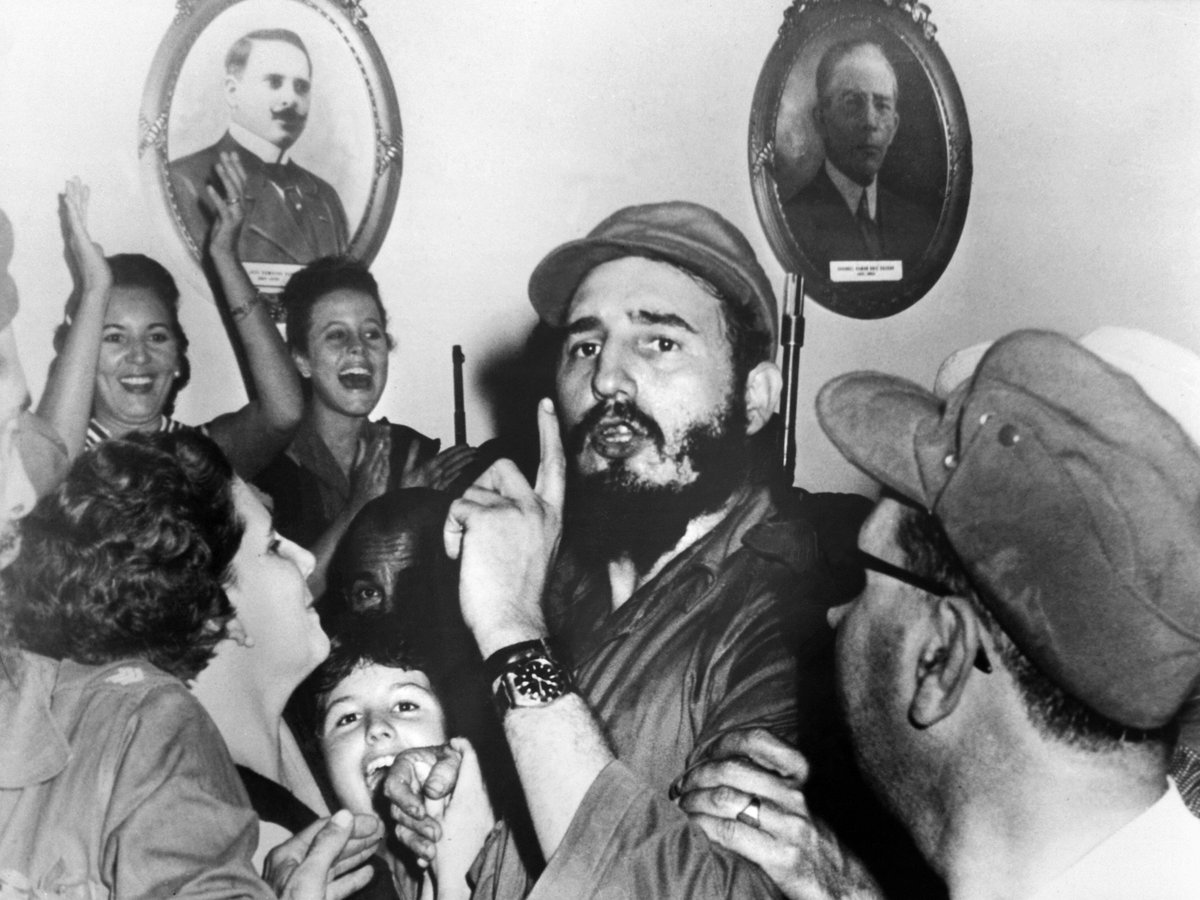
Publix — a big financial supporter of Gov. Ron DeSantis — has been getting 70,000 vaccine doses a week shipped to its hub in Lakeland.
Data show it’s the state’s single-largest vaccine supplier.
So where are all those shots going? 🧵 trib.al/ZizUU1n
Data show it’s the state’s single-largest vaccine supplier.
So where are all those shots going? 🧵 trib.al/ZizUU1n
Florida officials don’t know where the vaccine doses will end up, or which counties they are destined to reach, according to @MiamiHerald’s analysis of state vaccine distribution data from the past 5 weeks, as well as interviews with state officials.
Publix is getting nearly a quarter of Florida’s available doses without providing state officials a store-specific distribution plan ahead of time, according to Jared Moskowitz, director of the Florida Division of Emergency Management, the agency leading the vaccination campaign. 

What’s unusual is not that a retail chain with pharmacies is involved in distribution efforts but that in Florida, Publix made unilateral decisions about distributing 23% of the state’s weekly doses, the most received by any provider in the state for the past 6 weeks, data show. 

Public health officials do not know which specific stores receive vaccines until after the shots are administered, Moskowitz said.
The chain reports “shots in arms” to the Florida Department of Health through a different portal only after the fact.
The chain reports “shots in arms” to the Florida Department of Health through a different portal only after the fact.

Moskowitz said Florida’s arrangement with Publix is “imperfect” but prioritizes getting as many people vaccinated as quickly as possible.
“My mindset is about speed,” he said.
“My mindset is about speed,” he said.
But experts say Florida’s arrangement with Publix underscores a lack of public health principles guiding the state’s vaccination campaign.
“Publix is not a public health entity. It should not be relied on to make decisions about the geographic distribution of vaccines,” said Tom Hladish, an infectious disease expert at the University of Florida.
“That is something that should be informed on current transmission and the history of the pandemic in the different parts of the state. You should be targeting places that have more susceptible people,” Hladish said.
Florida’s weekly allocation data include specific locations for vaccines headed for hospitals, big sites such as Hard Rock Stadium and Tropical Park, for example, and feature the destination county for smaller “mission-focused” deliveries of doses to places like Black churches. 

Publix was the only exception, and shows a lump sum given to the chain without even a county-level distribution breakdown.
Publix is the only retail partner receiving vaccines through the state government. In Florida, the federal government separately supplies vaccines to Publix, Sam’s Club and Winn-Dixie.
Moskowitz said not knowing ahead of time makes it difficult for DOH to achieve its goal of dividing the state’s total weekly supply among the state’s 67 counties based on each county’s portion of Florida’s 65-and-older population, the most vulnerable to severe infection.
“What’s going to Publix comes out of the equitable distribution based on the 65+ older population,” Moskowitz said.
“If I didn’t take into account Publix’s [doses] … the county that had Publix would be getting more doses if it didn’t count against the 65+ distribution.”
“If I didn’t take into account Publix’s [doses] … the county that had Publix would be getting more doses if it didn’t count against the 65+ distribution.”
With nearly one of every four of Florida vaccines’ final destination unknown, the calculations for allocating the remaining doses are guesswork rather than informed public health decisions.
Read the full story here: trib.al/ZizUU1n
Read the full story here: trib.al/ZizUU1n

Reporters @Blaskey_S, @conarck and our news partners at @TB_Times will continue to examine the distribution of COVID-19 vaccines in the state of Florida.
If you value journalism like this, please consider a subscription. account.miamiherald.com/subscribe/crea…
If you value journalism like this, please consider a subscription. account.miamiherald.com/subscribe/crea…
• • •
Missing some Tweet in this thread? You can try to
force a refresh






